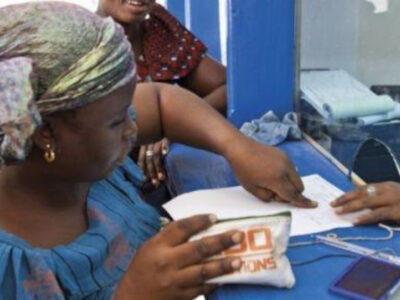Private equity fundraising in SA hit a 13-year high in 2023, with funds raised topping R28bn, a 43% jump from 2022 reflecting a vibrant investment landscape.
With 2024 described as the “ultimate election year” on local and global stages, private equity firms had to navigate a chaotic economic environment before and after the elections.
A resurgence in investor confidence is mirrored in the JSE’s performance with the banking index climbing 18.88% since election results were confirmed on May 30. According to a SA Venture Capital and Private Equity Association (Savca) survey there appeared to be rising global interest, signalling robust recovery after a three-year post-pandemic downturn. Europeans contributed 45% of international investment and US investors 22%.
“The engines of the private equity industry are gaining traction, and all signals point to noticeable growth and even untapped potential. On a global scale, private equity is up against some serious odds, including economic uncertainty and political upheaval.
Locally, the picture looks very much the same, though — true to its reputation for being resilient — private equity has continued to push through and demand attention as an asset class, continuing to return capital back to investors and drive impact,” said Savca CEO Tshepiso Kobile.
The survey shows Southern African private equity firms more optimistic than global private equity firms about an increase in exit activity in the next six months; — 41% of local firms expect a rise of 10% compared with 24% of global firms.
According to the survey, private equity is moving forward strongly, with environmental, social and governance (ESG) and impact investing at the forefront. ESG considerations gained prominence in recent years as a crucial factor for private equity firms and a key expectation for limited partners.
The survey shows that 35% of local private equity firms now have dedicated ESG professionals, and 55% of respondents said their funds had a specific mandate for impact investing.
A significant rise was reported in the share of investments by private equity firms with funds under management exceeding R5bn, which surged to 58% in 2023 versus 11% in 2022. Additionally, 51% of respondents expected faster growth in their funds under management, up from 38% the previous year.
Asked which ESG elements these investors emphasise, 92% of respondents reported that their investors require measurement of portfolio company performance against specific metrics. Increased reporting on ESG and the tailoring of investment strategy to meet ESG requirements ranked as second- and third-highest investor focus areas, respectively.
“In tandem with this consistent push for a greater focus on sustainability both in terms of the social and environmental aspects of private equity investments, survey respondents also commented on the nature of their ESG policies.”
The survey reports said that altogether 66% of respondents said that the “top component that makes up their ESG policy is adhering to external global sustainability initiatives (for example, principles for responsible investments), with the responsibility for setting ESG priorities placed at the highest levels within the firms (that is at board level)”.
These findings indicate a private equity industry in which “ESG concerns have now become embedded in decision-making and are seen as integral to operational success”, said Kobile.
“This in turn, speaks volumes about the ability of the private equity sector to contribute to a growing greener, digitised and more inclusive economy.”
The report indicates that investee companies have shown notable advancements in various BEE scorecard areas: ownership increased 54%, management control rose 38%, skills development improved 68%, enterprise and supplier development grew 71%, and socioeconomic development rose 63%.
Kobile highlighted that private equity had a significant ability to strengthen business resilience, as shown by the revenue; employment; and earnings before interest, taxation, depreciation and amortisation growth reported by private equity-backed companies from 2021 to 2023, even in a tough economy.
She added that as more private equity firms kept this goal in focus, positive impacts on national objectives could be expected.











Comments